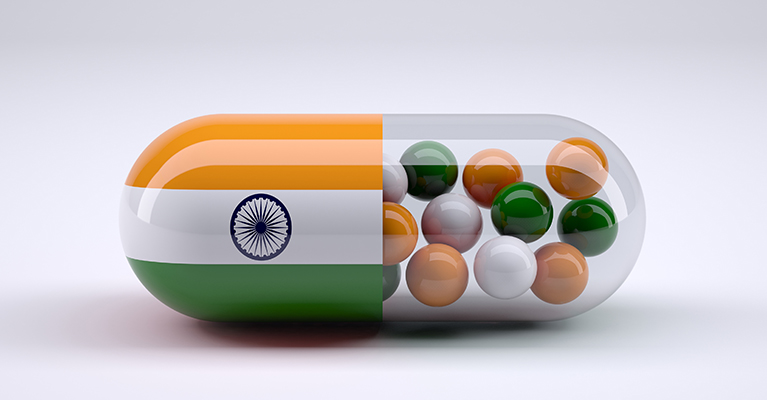Indian pharma supply chain disruption could surpass 2017 if COVID-19 not contained within three months: Ind-Ra

Indian pharmaceutical supply chain disruption could be far greater than the China environmental regulation-induced shortfall of 2017 If the COVID-19 outbreak is not contained within the next three months, credit ratings agency India Ratings and Research (Ind-Ra) said in a research note Thursday.
A change in environmental regulations in China in 2017 forced many players to either upgrade their manufacturing facilities or shift them to other parts of the country. The resultant supply disruption led to increased volatility in global API and intermediate prices although production returned to normal levels within six months so the impact on Indian pharma companies was short-lived.
“If the outbreak is not contained over the next three months, the extent of disruption in supply is likely to be far greater than that in FY17, resulting in pressures on cash flows of pharma-formulations players,” said Ind-Ra analyst Arindam Som.
The agency said that immediate pressure is likely to be low, given that most Indian pharma players tend to increase their inventory levels in December in preparation for the Chinese New Year in January/February: “Ind-Ra understands that these players have adequate inventory to carry on their production without any major disruption at least for the next one month.”
Active pharmaceutical ingredient (API) manufacturers are likely to be affected in the near term, Ind-Ra said, given their dependency on Chinese imports to meet demand for intermediates, which are necessary to manufacture APIs.
“Nonetheless, the impact of lower asset turnover could be offset by the rise in prices of APIs, in India and globally, on account of a shortage in Chinese supplies. This could mitigate the credit impact on API players, at least in the near term,” Som said.
Ind-Ra continued that the ability of Indian players to pass on API domestic market price increases is likely to be restricted as some products are covered under price control regulations typically linking them to the wholesale price index while others are restricted to maximum 10% price hikes in any given year.
However, Ind-Ra noted that with no such restrictions in the export markets in which they enjoy a high share, Indian pharma players could maintain or even increase margins to extenuate some of the pressures on their cash flows.
“With global API prices likely to go up, formulation manufacturers globally are likely to be able to pass on the rise in production costs,” Som said.
Ind-Ra said the gradual spread of COVID-19 to large parts of Italy and Spain presented an opportunity for American and Eastern European API suppliers “to ramp up their production and partially bridge the gap created by the relatively low supplies from China in FY21.”
Position your company at the heart of the global Pharma industry with a CPHI Online membership
-
Your products and solutions visible to thousands of visitors within the largest Pharma marketplace
-
Generate high-quality, engaged leads for your business, all year round
-
Promote your business as the industry’s thought-leader by hosting your reports, brochures and videos within your profile
-
Your company’s profile boosted at all participating CPHI events
-
An easy-to-use platform with a detailed dashboard showing your leads and performance